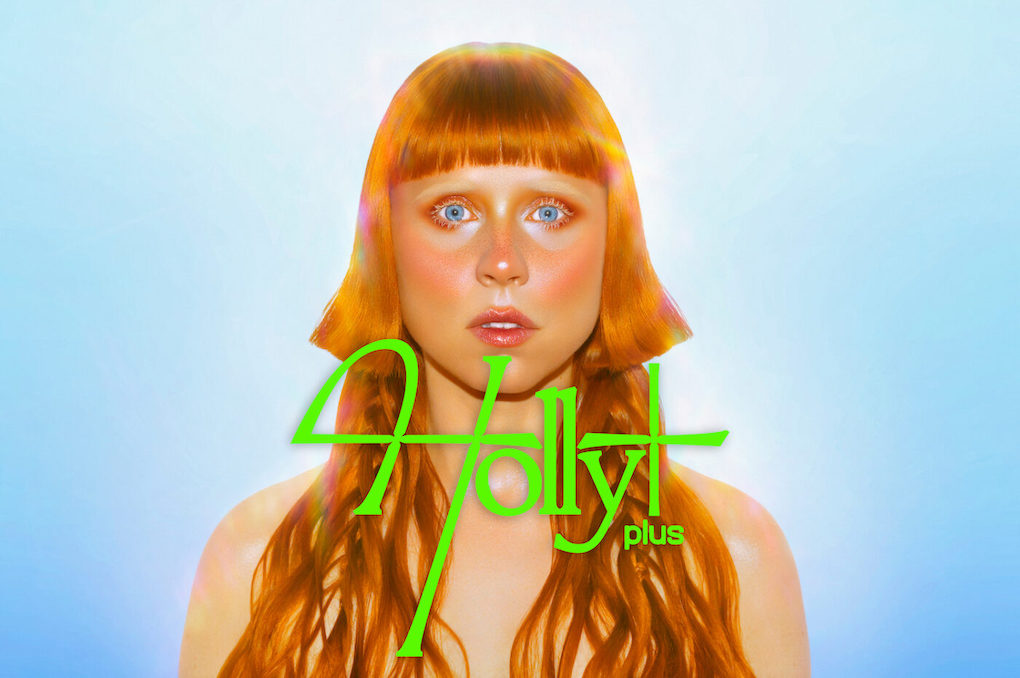- in Production by Bobby Owsinski
Listen To This AI-powered neural network ‘Sing’ A Cover Of Dolly Parton’s “Jolene”
The jury is still out on the legality of AI-generated songs or artist deep-fakes. Musicians, artists and songwriters generally feel threatened by the prospect, as well they should, since we’re seeing some Spotify charts already dominated by artificial artists and songs. But what if you taught a neural network to mimic your own voice? Is that the same thing or something different? That’s what happened when Holly Herndon did her cover of Dolly Parton’s “Jolene.”

The neural network developed by Herndon in collaboration with Never Before Heard Sounds provides a digital mimic of Holly’s voice. Nicknamed Holly+, the network was trained on recordings of speech and singing from her voice, which was then used to synthesize sung phrases using text input. Another way to accomplish this is with what’s called an “audio style transfer,” where audio from an existing recording is converted to resemble the target voice.
The Ramifications
Now think about this for a second. If I wanted to do a cover of Coldplay’s “Clocks,” all I’d have to do is teach the neural network my voice, then feed in a recording. Out comes a vocal with my sound but Chris Martin’s performance without the muss and fuss of recording.
It feels like cheating, and yet. . . the music business is built on technology. Every new tech innovation has been instantly gobbled up by the industry and used right away, going back to piano rolls, vinyl records, stereo recording, CDs, DAWs, streaming music, and now AI/machine learning.
We can choose to put it down or embrace it, but it’s already part of the creative fabric of music, for better or for worse (take note of Warner’s signing, then releasing of its first AI artist).
Back to the legalities, there’s so much in this area that’s either gray or hasn’t yet been addressed that new laws will need to be legislated on copyright. Perhaps a more basic question that first needs to be worked out is, “Who is the creator?” Is it the algorithm, the developer, or the artist?
This is another reason why we’re in such an exciting time in music. Things move fast, and this area is moving forward like a lightning bolt.
Click here to find out more about Holly+, Holly Herndon’s TED talk, and more.

